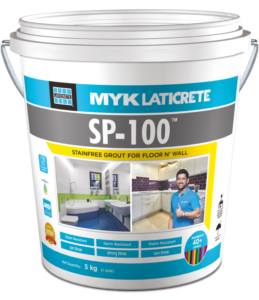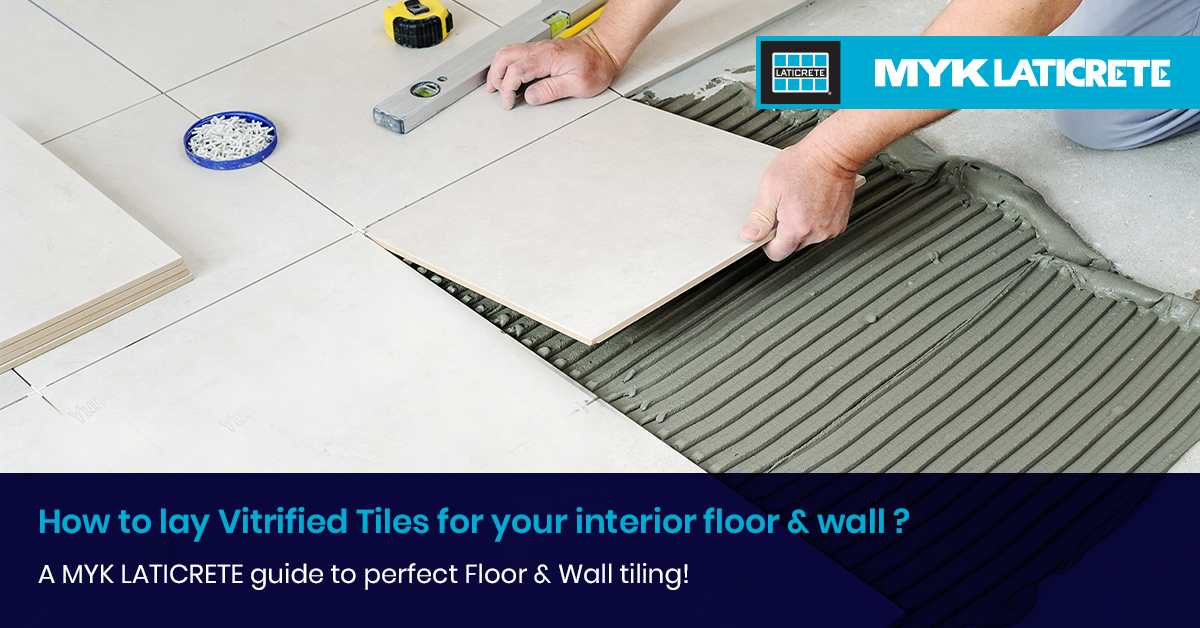How to lay Vitrified Tiles for your interior floor & wall cladding?
Choosing the kind of floor or wall cladding you want can be a dilemma. Among the many options of tiles available to choose for floor or wall cladding, vitrified tiles can be a great and most preferred choice. But have you ever wondered what a Vitrified Tile is?
Vitrified tiles undergo vitrification – a process wherein fine minerals like silica and clay are baked at very high temperatures creating a vitreous surface that is very hard with porosity similar to glass. That’s why these tiles are called vitrified tiles.
While this is an interesting bit of trivia, let’s look at what this means for you while considering vitrified tiles for your floors.These tiles are durable and last longer, cost less than marble, granite and solid wood and are resistant to shrinkage, warping, or expansion.
However, if the installation is not done on level surfaces, vitrified tiles are prone to chipping and cracking. In addition, an incorrect application of adhesive makes the surface look unsightly. Using cement to install vitrified tiles can be problematic as a mixture of cement-sand dries fast and adjusting tiles after laying them becomes difficult.
This is why MYK LATICRETE has created a thin set adhesive which helps in the perfect adhesion of vitrified tiles. The LATICRETE 290 PREMIUM FLOOR AND WALL THIN-SET ADHESIVE is a high-performance dry set adhesive which should be mixed with water or latex for installing medium and large format vitrified tiles. Combining it with LATICRETE 73 Admix gives you improved performance.
Especially designed for interior floor and wall, it can also be used on ceramic tiles, marble, and stone, over a variety of substrates. It can be used for shaded balconies, podiums, verandas and terrace gardens which are not directly exposed to the sun for the larger part of the day.
This high strength, economical adhesive not only makes application easy, but it also has practically nil VOC emissions making it good for the environment, and you. The LATICRETE 290 meets all the other compliance standards as well; it has an ANSI rate of A118.1TE, EN 12004/ISO 13007:C1TE and is classified as an IS 15477: TYPE 2 Adhesive.
Go ahead and pick vitrified tiles from that large variety – LATICRETE 290 tile adhesive has you covered!






